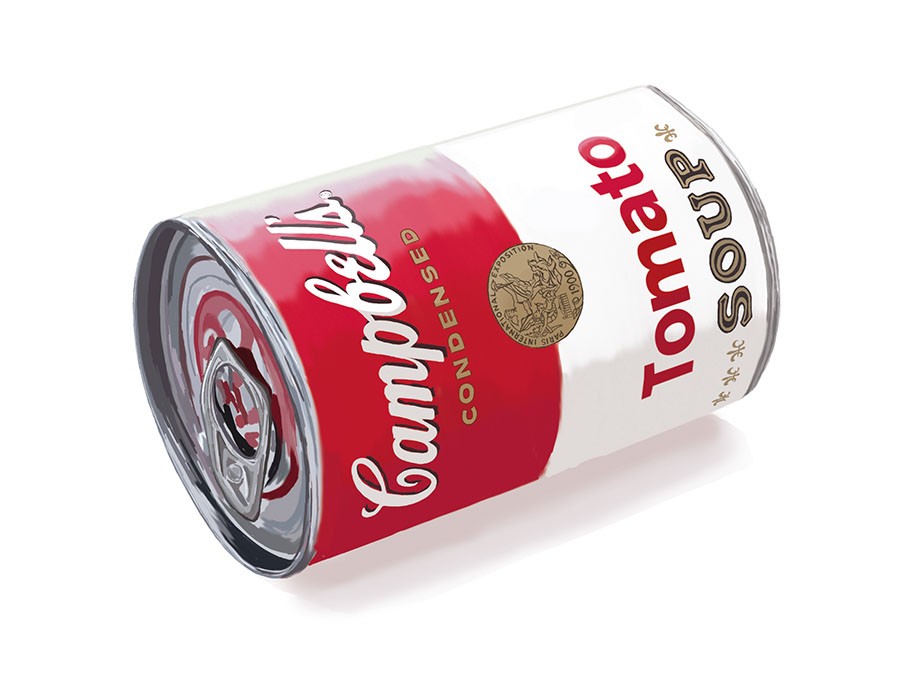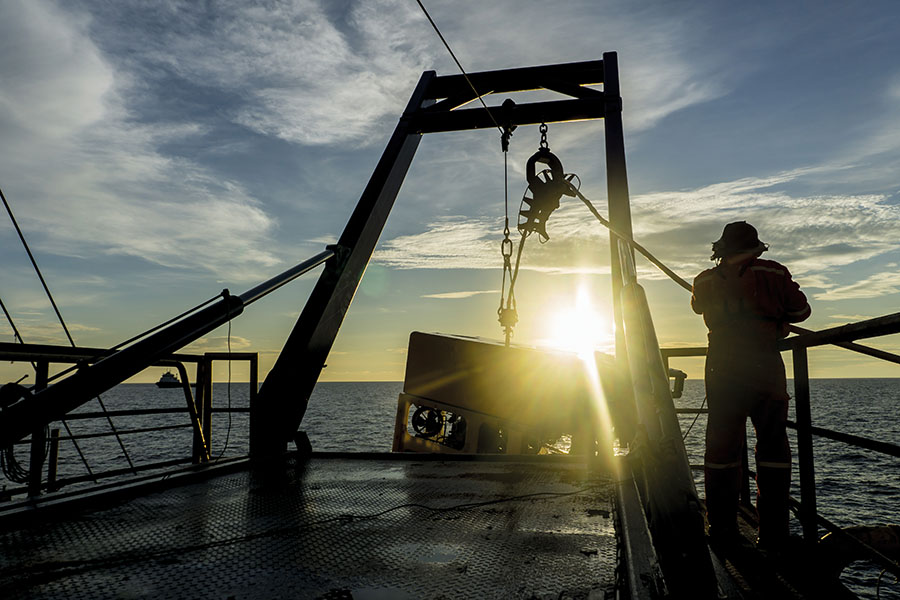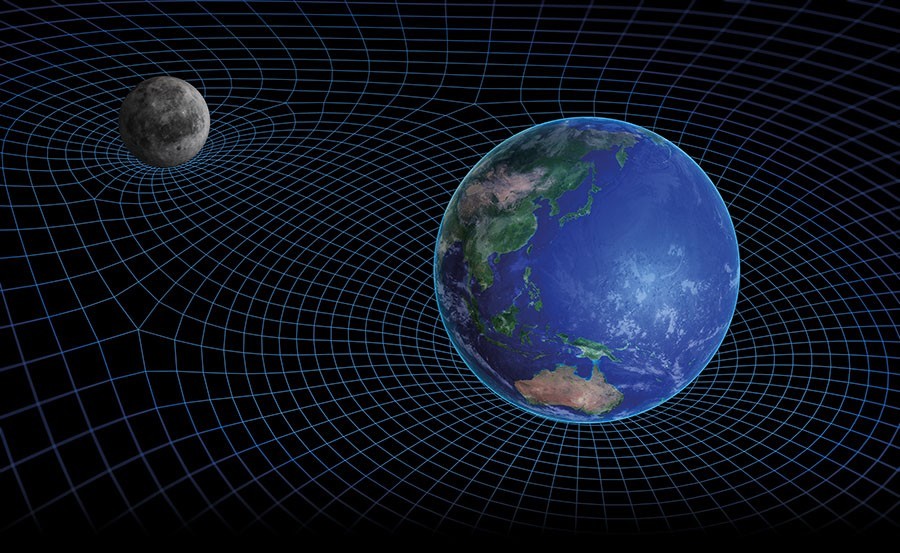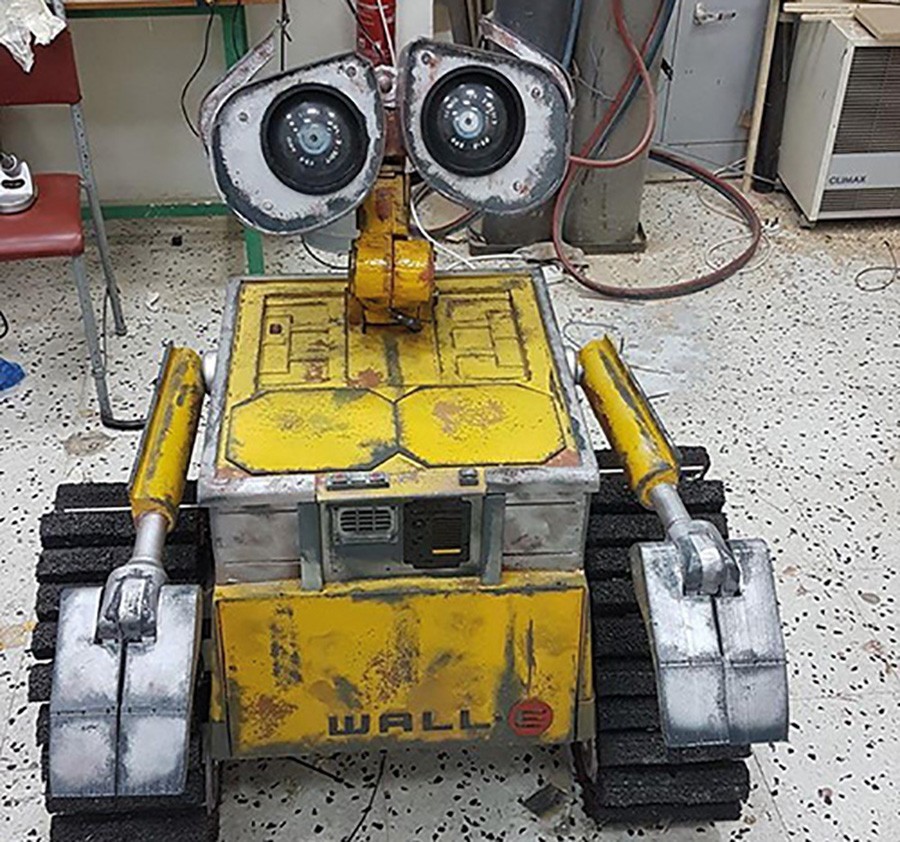For a primate species clinging to a speck of dust in an incomprehensibly vast universe, curiosity has seen humans discover a great deal about how it all works. However, there are still mysteries that the cosmos is reluctant to relinquish, one of which is gravity. The most accurate theory describing gravitational attraction is general relativity, developed by Albert Einstein in 1915. Unlike Isaac Newton, Einstein did not describe gravity as a force, but rather a manifestation of the curvature of spacetime, thought of as a stretchable and squeezable fabric that is distorted by matter. However, his theory does not fully explain phenomena such as the accelerating expansion of the Universe and inconsistent orbital speeds of stars within galaxies.
Continue reading








